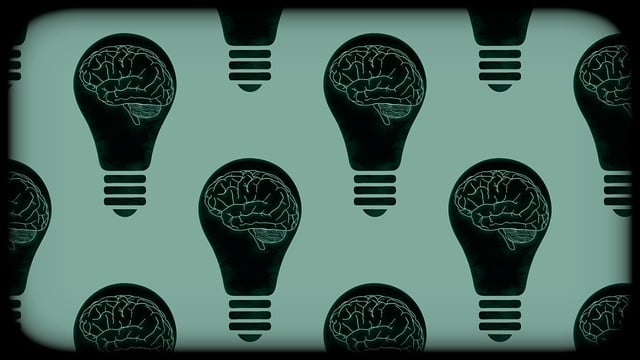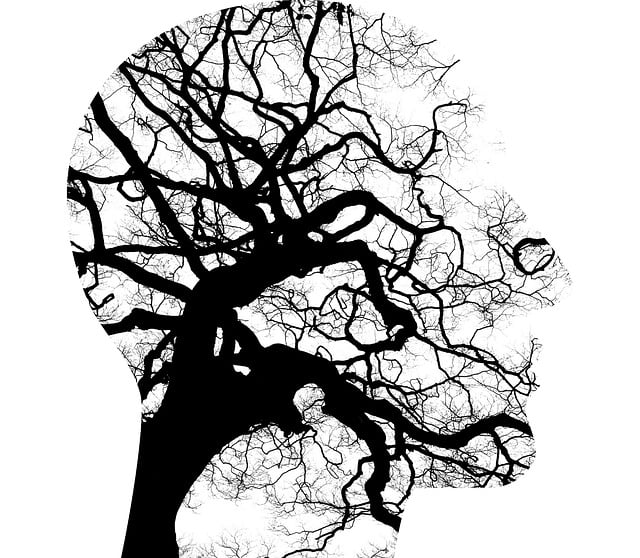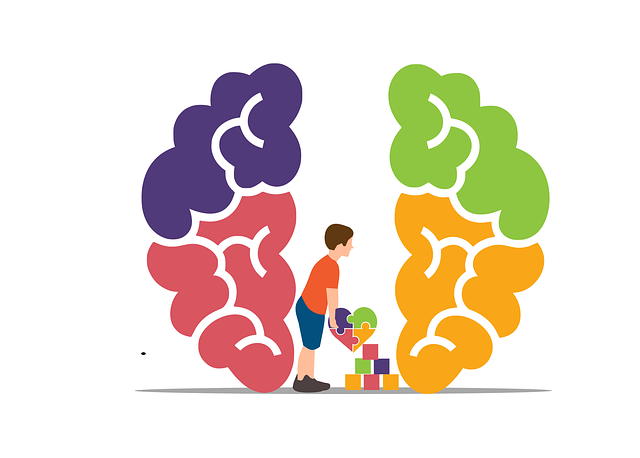Mental wellness groups using Arvada Functional Neurological Disorder Therapy (AFNDT) offer a supportive environment for individuals with shared experiences, focusing on open communication and tailored interventions. AFNDT combines brain function analysis, neurological disorders, and mental health to revolutionize group therapy. Through interactive exercises, mindfulness practices, and cognitive-behavioral techniques, these groups enhance coping strategies, self-awareness, and resilience while fostering mental health policy advocacy. Facilitators play a crucial role in creating a safe space for honest dialogue, normalizing emotional expressions, and promoting personal growth. Success is measured through participant surveys, follow-up interviews, and assessments of mood, stress levels, and mental health awareness, ensuring effective group facilitation and positive outcomes for the community.
Mental wellness groups offer a powerful support system, fostering connection and healing. This article explores the art of group facilitation, highlighting techniques that enhance engagement and create safe spaces. We delve into the benefits and dynamics of such gatherings, showcasing how they can revolutionize mental health care.
A unique example is Arvada Functional Neurological Disorder Therapy, offering innovative approaches to treatment. By understanding these principles, facilitators can measure success and create impactful group sessions, providing lasting support for participants’ mental wellness journeys.
- Understanding Mental Wellness Groups: Benefits and Dynamics
- Arvada Functional Neurological Disorder Therapy: A Unique Approach
- Group Facilitation Techniques for Engaging Participants
- Creating a Safe and Supportive Environment
- Measuring Success: Evaluating the Impact of Group Sessions
Understanding Mental Wellness Groups: Benefits and Dynamics

Mental wellness groups offer a unique and powerful environment for individuals to support each other in navigating their mental health journeys. These groups facilitate a sense of community, providing a safe space where members can share experiences, gain insights, and learn from one another. Facilitated by trained professionals, such as therapists specializing in Arvada functional neurological disorder therapy, these groups harness the power of collective healing. By fostering open communication and empathy, participants benefit from improved coping strategies, enhanced self-awareness, and a renewed sense of hope.
The dynamics within mental wellness groups are multifaceted. They promote active listening, where each member’s perspective is valued, encouraging honest discussions about challenges like burnout prevention. Through structured activities and interactions, these groups contribute to the development of effective mental health education programs. Moreover, they lay the foundation for building supportive networks, often leading to the design and implementation of tailored mental wellness coaching programs that cater to diverse needs.
Arvada Functional Neurological Disorder Therapy: A Unique Approach

Arvada Functional Neurological Disorder Therapy (AFNDT) offers a unique and innovative approach to mental wellness group facilitation. Unlike traditional therapy methods, AFNDT focuses on the intricate connection between brain function, neurological disorders, and overall mental health. This therapeutic technique emphasizes the importance of understanding each individual’s neurobiology, tailoring interventions to address specific functional impairments. By doing so, it aims to enhance participants’ ability to manage and overcome various mental health challenges.
The AFNDT method involves a comprehensive risk assessment for mental health professionals, ensuring that group facilitators are well-equipped to handle diverse needs. It incorporates self-care practices and burnout prevention strategies for healthcare providers, recognizing the vital role of personal wellness in delivering effective group therapy. Through this holistic approach, AFNDT fosters a supportive environment, encouraging participants to develop coping mechanisms and promote long-term mental resilience.
Group Facilitation Techniques for Engaging Participants

In facilitating mental wellness groups, engaging participants is key to achieving effective outcomes. One powerful technique involves Arvada Functional Neurological Disorder Therapy, which focuses on reshaping thought patterns and behaviors. This approach encourages active participation through interactive exercises, allowing individuals to identify and challenge negative or distorted thinking. By fostering a supportive environment, facilitators can help members feel safe to express their experiences, promoting open dialogue that strengthens coping mechanisms.
Additionally, incorporating strategies like mindfulness practices and cognitive-behavioral techniques within group settings enhances anxiety relief and depression prevention. Encouraging members to share personal insights while providing tools for stress management creates a harmonious balance. These methods not only address symptoms but also promote mental health policy analysis and advocacy, empowering individuals to take charge of their well-being and, ultimately, advocating for more inclusive mental health solutions.
Creating a Safe and Supportive Environment

Creating a safe and supportive environment is paramount when facilitating mental wellness groups, especially for individuals navigating conditions like Arvada Functional Neurological Disorder Therapy. This begins with fostering an atmosphere of non-judgment where every participant feels heard and respected. Facilitators should employ empathy building strategies to bridge any gaps between individuals, encouraging open dialogue while ensuring privacy.
Using techniques that promote active listening and understanding, facilitators can help group members develop inner strength by acknowledging their experiences. This supportive setting also enables effective mood management through shared understanding and the normalizing of emotional expressions. By cultivating a safe space, facilitators enable participants to build resilience and explore strategies for personal growth in a nurturing environment.
Measuring Success: Evaluating the Impact of Group Sessions

Measuring success in group facilitation goes beyond mere attendance. It’s about quantifying the tangible impact on participants’ mental health journeys, particularly those navigating conditions like Arvada Functional Neurological Disorder Therapy. Effective group sessions should foster a sense of community, enhance coping mechanisms, and promote understanding of shared experiences. Facilitators can employ various methods to evaluate progress, such as pre-and post-session surveys gauging mood, stress levels, and self-efficacy.
Longer-term assessments, including follow-up interviews or surveys, offer deeper insights into how group dynamics influence participants’ mental health awareness, policy analysis, and advocacy efforts. By regularly assessing these aspects, facilitators can adapt their strategies, ensure sessions remain impactful, and ultimately contribute to positive mental health outcomes for the community, addressing broader concerns like risk assessment for mental health professionals.
Mental wellness group facilitation plays a pivotal role in enhancing individuals’ lives, as evidenced by innovative approaches like Arvada Functional Neurological Disorder Therapy. By fostering engaging sessions and safe environments, facilitators can unlock the full potential of group dynamics. Techniques discussed in this article, from understanding group benefits to creating supportive spaces, equip professionals to measure success and positively impact participants’ mental health journeys.














